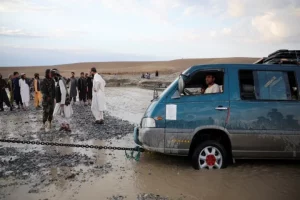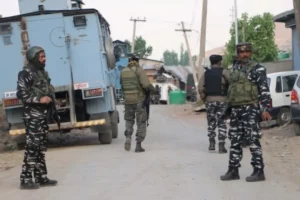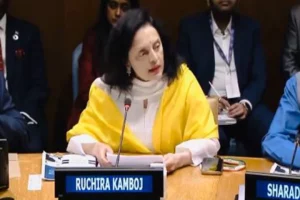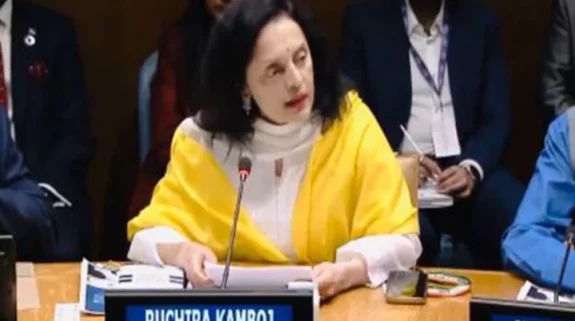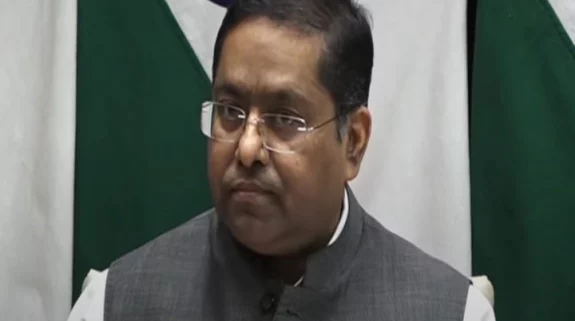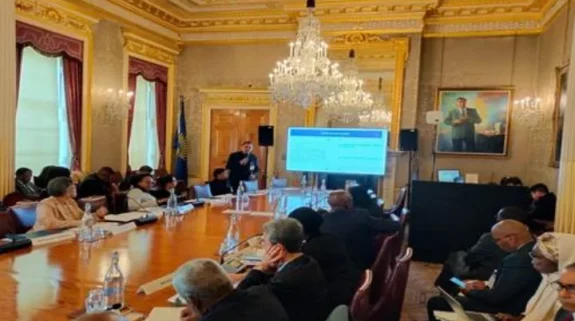A silent revolution is happening in Punjab villages. Piped water connection is changing the lives of women. Kulwinder Kaur Brar, sarpanch of Memha Bhagwana village in Bathinda district, Punjab, started a movement to provide piped drinking water to every household in her village.
Her efforts did not just include persuasion among villagers but she made the effort to involve the community and established an all-women Village Water & Sanitation Committee (VWSC), whose members went house-to-house explaining how piped water supply will not only save time and energy but also provide clean drinking water. Earlier, families, particularly women faced hardship and spent a lot of time in getting water for the household.
People were encouraged to contribute and get a tap connection and they were explained the benefits of paying for the connection. With availability of water a serious concern, most people agreed to pay for the water connection – Rs 500 and Rs 250 for the general household and the reserved categories respectively.
The next milestone was to take up water issues in panchayat meetings. Although Brar lead the Gram Panchayat as a Sarpanch, there were few women who attended the Gram Sabha meetings. It was tough to mobilize the women but with Brar's steady persuation, nearly 80% women began attending the Gram Sabha and sharing their concerns. Seeing a woman leader at the helm of affairs, brought confidence to many more village women who are now willing to take up leadership roles.
Jal Jeevan Mission’s (JJM) information, education and communication (IEC) campaign was a great help in steering the community. The role of women and their importance in water management was part of this campaign, in which the women were told that because they run the house, they can manage water better.
A five-member committee has been formed in the Panchayat which periodically tests the water source and household tap connection to assess the purity and standard of water supplied in the village.
Today Mehma Bhagwana village in Punjab is a perfect example of community participation and mobilization to own the JJM scheme where the village has 100 percent household water connections for a population of 1,484 people. A flagship programme of the Union government, JJM is under implementation in partnership with states with the aim of providing drinking water to every rural household of the country by 2024..








